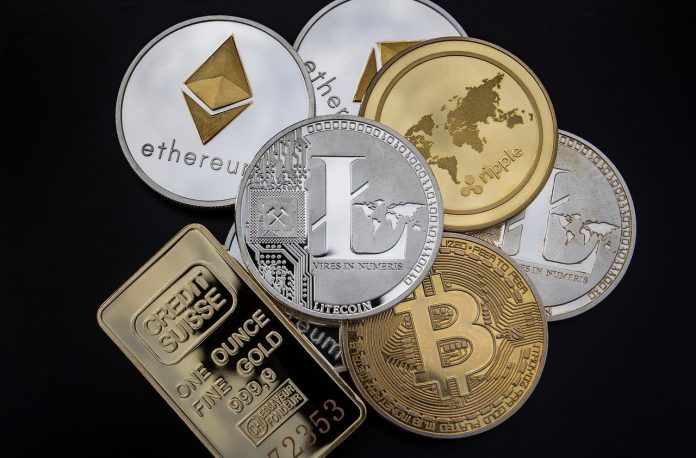
Cryptocurrency fans are well aware of the need of keeping their funds secure. The most frequent solution is to keep money in a wallet and protect the private key with a backup, password, and, if possible, two-factor authentication.
Non-fungible tokens are commonly stored in wallets that users rely on to store their crypto assets, therefore the same concepts apply. Read more about 7 wonders city.
One of the most important aspects of NFTs is how they authenticate digital ownership. Users cannot claim possession of the non-fungible token, let alone validate it, without the wallet’s private key containing the NFT.
Because the NFT sector draws a lot of criminals, robbers, and other shady characters, it’s even more crucial to keep the private key of one’s NFT wallet safe. Let’s read more about NFT in a better way.
How to Keep Your NFT Safe
With so much money pouring into the space as a result of the NFT wallet craze, it’s no surprise that there are lots of scammers, fraudsters, and opportunists hiding in the shadows.
Because of the nature of non-fungible tokens, no hacker can rip you off by making a copy and claiming it as their own, but there are still lots of opportunities for theft and fraud, which might be off-putting to newbies. On that point, here are a few things you can do to reduce your risk and safeguard your investments.
Use a non-custodial wallet to keep your money safe.
Generally speaking, you should keep your non-fungible token in a non-custodial crypto wallet rather than on an exchange or marketplace.
Non-custodial wallets (also known as hot storage) are often secured by a 12- to 24-word seed phrase and a combination of touch identification and passwords. This is a pretty secure approach to safeguarding your assets for most people and scenarios. They can be hacked using a range of methodologies, including keylogging, malware, and phishing scams.
Here are some suggestions for reducing your chances of being hacked:
- Never reveal your word seed phrase to others.
- A complicated combination of letters (upper and lowercase), numbers, and symbols should make up your password.
Cold Storage
It is the most secure method of storing an NFT wallet. Cold storage is a hard drive that is kept offline to protect your assets safe from hackers and scammers.
Because you keep your digital products on these devices, no one on the web can retrieve your NFT unless they have both your physical cold storage device and your passcode. Consider it a virtual vault for your NFTs.
If you wish to buy a cold storage wallet, there are a number of highly-rated wallets ranging in price from $50 to $150. Keep in mind that using a cold storage wallet requires you to give up convenience in exchange for security.
Here are exceptional guidelines to help you avoid falling victim to a scam in this area:
- Never ever do business with someone who sends you a DM with a deal that appears too good to be true.
- Always double-check the identity and reputation of any buyer or seller you’re considering doing business with.
- When participating in NFT drops, have your wits about you. In this room, rug pulls are prevalent. Rug pulls happen when artists with little to no prior repute build a collection, only to leave it later and leave you with a meaningless NFT wallet while stealing your money.
- In practice, reliable marketplaces such as OpenSea, Axie, and Rarible are recommended.
Last Thoughts
Scams are common these days, and scammers are constantly coming up with new and inventive ways to deceive others. It is our core norm to educate the community among ourselves. For all types of digital enthusiasts, the NFT wallet holds enormous upside potential.
It’s crucial to remember, however, that this new environment provides a fertile breeding ground for crypto scammers and fraudsters. Taking the necessary precautions to safeguard your digital assets while also checking out for scammers will guarantee that you do not have to suffer the grief of losing your creations/investments.








